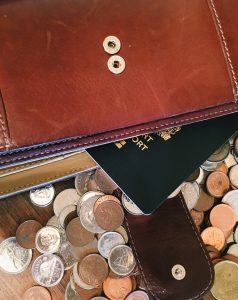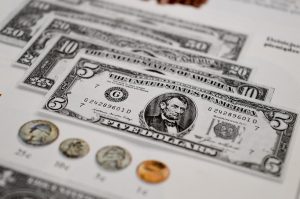In 2013, India was facing a major foreign exchange crisis. The country was grappling with a significant current account deficit, which had reached a record high of $88 billion. This deficit was caused by the country’s high dependence on oil imports, coupled with a slowdown in exports. The rupee was also at an all-time low against the US dollar, causing concern among investors and leading to a decline in foreign investment. However, the Non-Resident Indian (NRI) community stepped in to help resolve this crisis.
The NRI community is a significant contributor to the Indian economy. NRIs are individuals of Indian origin who live outside India but maintain strong ties to their home country. They send remittances to their families back in India, which amounts to a significant sum of money. In 2013, NRIs were able to help India by investing in the country’s foreign exchange market.
The Reserve Bank of India (RBI) had announced a special window for NRIs to deposit their foreign currency non-resident (FCNR) deposits in Indian banks. The FCNR deposits are foreign currency deposits that NRIs can hold in Indian banks. The RBI offered a special swap facility, where NRIs could deposit their FCNR deposits for a fixed term of three years, and in return, the RBI would provide dollars to the banks at a concessional rate. This move was aimed at increasing the supply of dollars in the market and reducing the pressure on the rupee.
NRIs responded positively to this move by the RBI. They deposited their FCNR deposits in Indian banks, which helped the country’s forex reserves increase. The RBI was able to raise $34 billion through this swap facility. This move helped stabilize the rupee and boost investor confidence in the Indian economy.
Apart from the FCNR deposits, NRIs also invested in other forex instruments, such as government bonds and corporate bonds. NRIs invested heavily in Masala Bonds, which are rupee-denominated bonds issued by Indian entities in overseas markets. Masala Bonds are a way for Indian companies to raise funds from international markets without taking on foreign exchange risk. NRIs bought these bonds, which helped raise foreign exchange inflows into the country.
The NRI community’s role in helping resolve the forex crisis in 2013 was crucial. Their investments helped increase the supply of dollars in the market, which led to a stabilization of the rupee. This move helped restore investor confidence in the Indian economy and prevented a further decline in foreign investment.
The RBI’s move to offer a special swap facility for NRIs was a smart move. It incentivized NRIs to invest in India, which helped increase the country’s forex reserves. The RBI was able to raise a significant amount of funds through this facility, which helped stabilize the rupee.
In conclusion, the NRI community played a vital role in helping resolve India’s forex crisis in 2013. Their investments helped increase the supply of dollars in the market, which led to a stabilization of the rupee. The RBI’s move to offer a special swap facility for NRIs was a smart move, which incentivized NRIs to invest in India. NRIs continue to be a significant contributor to the Indian economy, and their investments are crucial to the country’s growth and development.





